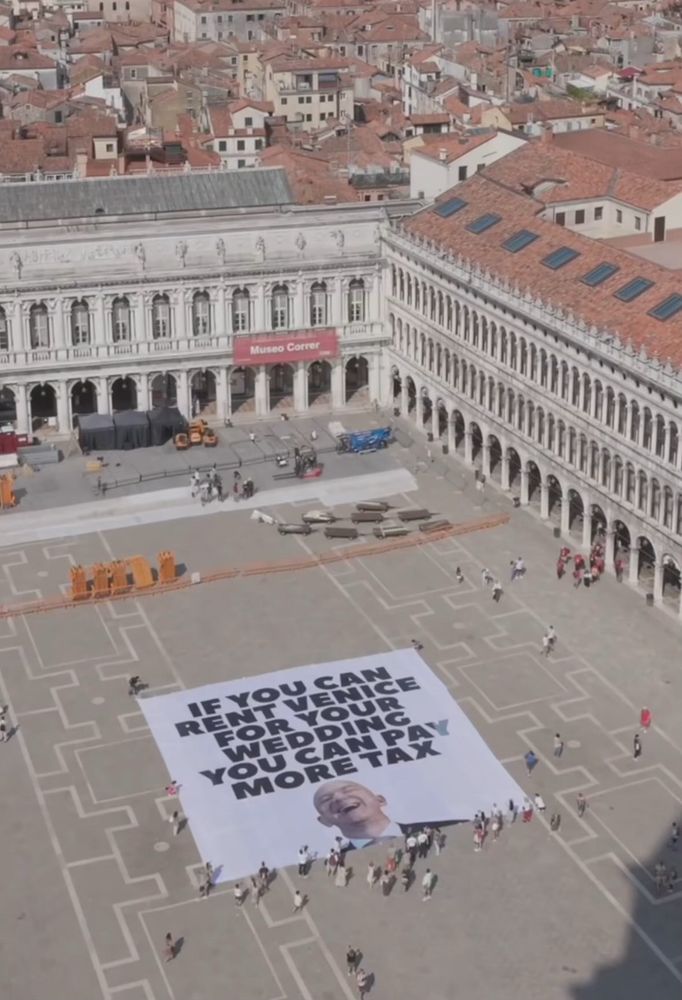by Dave O’Brien — Reposted by: Anton Grau Larsen
Reposted by: Anton Grau Larsen
www.boredpanda.com/ugly-renaiss...

Reposted by: Anton Grau Larsen, Samuel L. Perry, Rebecca Sear
Many Muslim-majority countries, Hindu-majority India in early stage. Countries with large Buddhist & Christian populations in later stages.
Blog: www.pewresearch.org/short-reads/...



It's not every day we have a new major #ggplot2 release but it is a fitting 18 year birthday present for the package.
Get an overview of the release in this blog post and be on the lookout for more in-depth posts #rstats

Reposted by: Anton Grau Larsen




We show there's more to workers' politics than right-wing resentment. Listening to workers, we reconstruct their moral critiques of money, power & recognition.
Link journals.sagepub.com/doi/10.1177/...

Reposted by: Anton Grau Larsen
It allows me to continue to advance this research agenda; the goal is to build a database on governing elites from 1789 and up to today + much more.
#ERCStG

by Christoph Ellersgaard — Reposted by: Anton Grau Larsen
politiken.dk/danmark/poli...

Reposted by: Anton Grau Larsen, Dave O’Brien, Pierre Bataille
We find five clusters: multi-racial & super-diverse middle & working-class schools of towns & cities, suburban white middle class schools, established elite schools & (post-)industrial white working class schools.
doi.org/10.1002/berj...
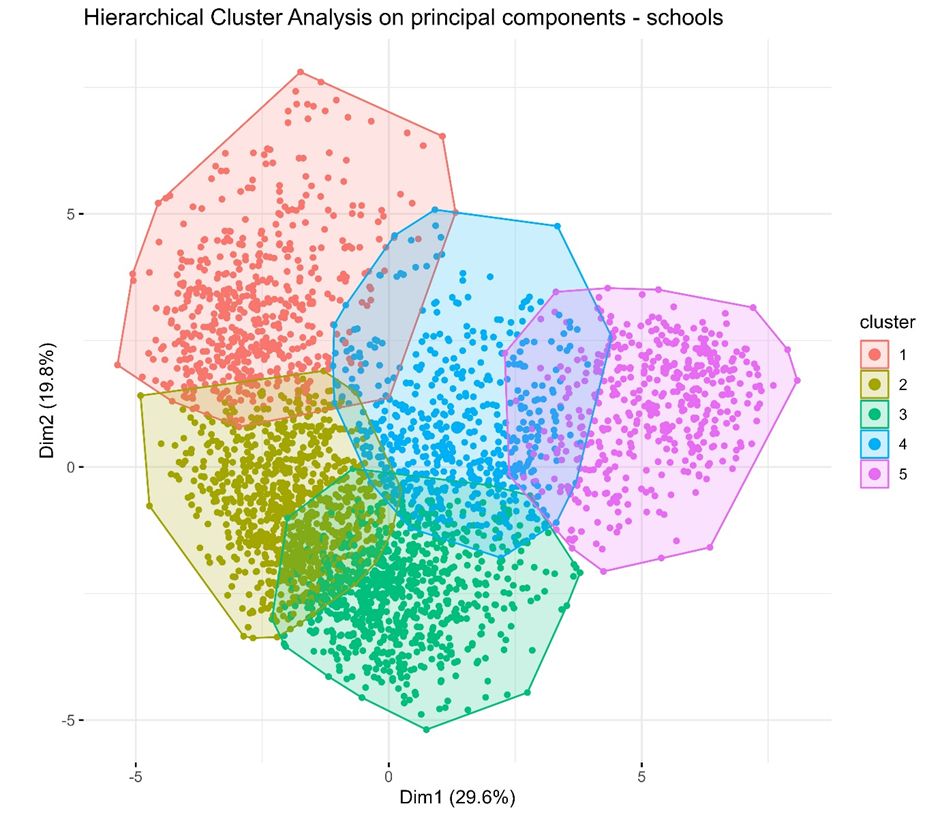
Reposted by: Anton Grau Larsen, Alain Noël, Christian Breunig , and 1 more Anton Grau Larsen, Alain Noël, Christian Breunig, Jack Lucas
doi.org/10.1017/S000...

Reposted by: Anton Grau Larsen, Anne Rasmussen
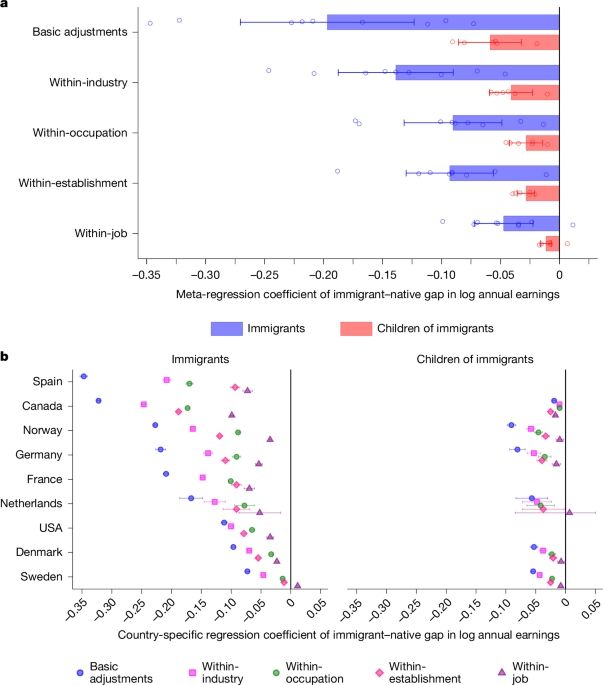
Reposted by: Anton Grau Larsen, Michael Baggesen Klitgaard
@polstudiesassoc.bsky.social @uoypolitics.bsky.social @sagepub.com #polsky #polsci
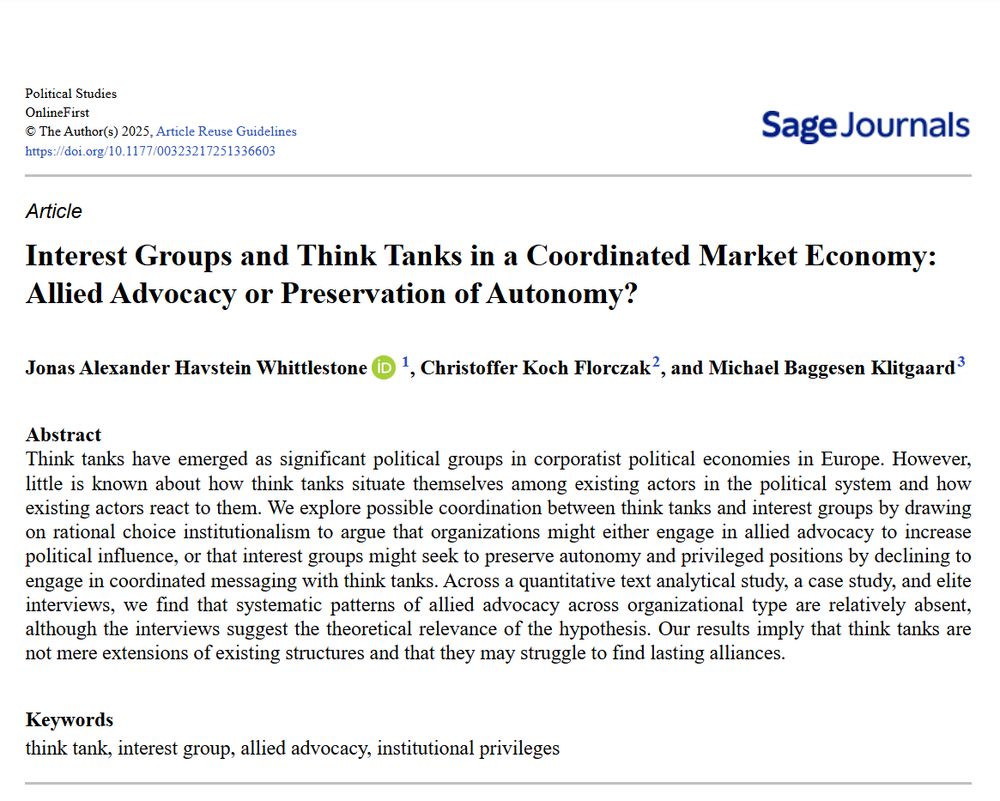
Reposted by: Anton Grau Larsen
Her er et gavelink til en helt gak historie om at lade landbruget eje offentlige kontroldata. Det svarer til at give alle data om lungekræft til tobaksfabrikanterne og lade dem bestemme, hvilke forskere, der får adgang.

by Jan W. Mueller — Reposted by: Anton Grau Larsen
Reposted by: Anton Grau Larsen

Reposted by: Anton Grau Larsen

Reposted by: Anton Grau Larsen, Patrick Präg
Read a short summary on my blog: magneflemmen.com/2025/05/31/g...
by Christoph Ellersgaard — Reposted by: Anton Grau Larsen, Rune Møller Stahl
finans.dk/erhverv/ECE1...

Reposted by: Anton Grau Larsen
www.sciencedirect.com/science/arti...
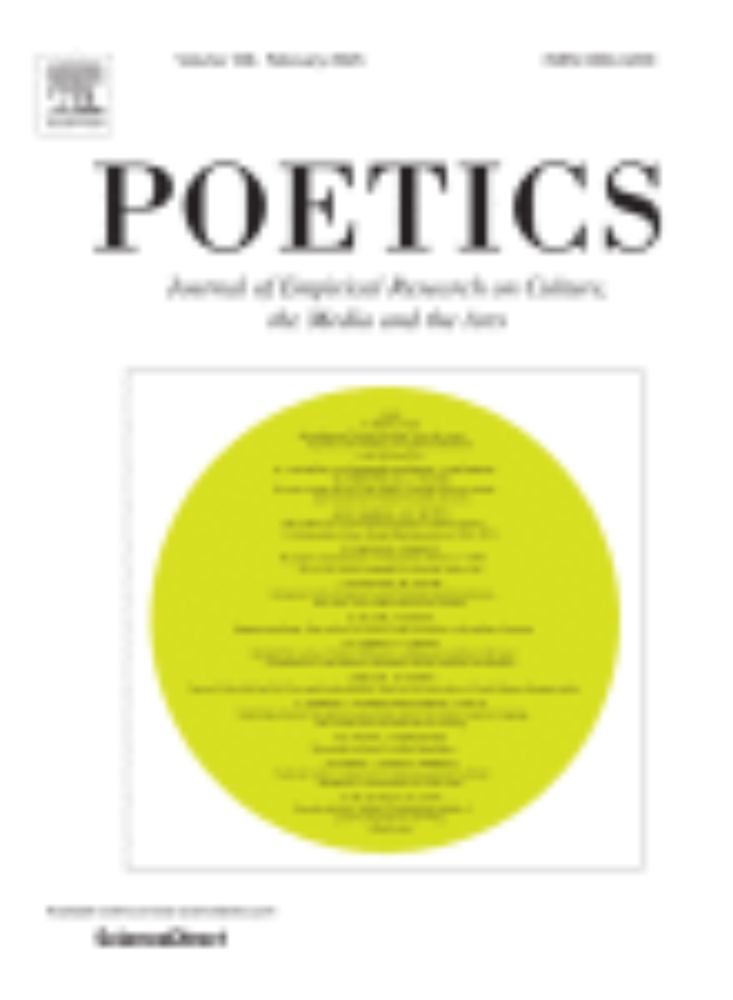
Reposted by: Anton Grau Larsen
www.sciencedirect.com/science/arti...
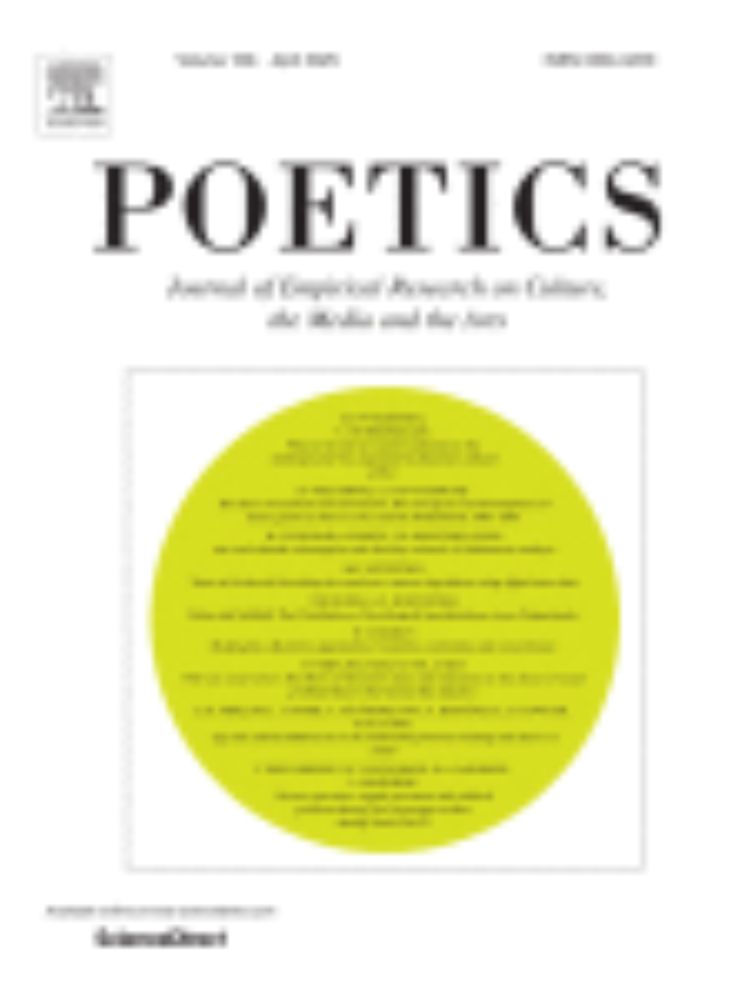
by Birthe Larsen — Reposted by: Anton Grau Larsen
We show that firms led by neighborhood CEOs-in terms of physical proximity to the company and personal values -exhibit a better working environment, as measured by both a regulatory authority and employees’ perceptions.
papers.ssrn.com/sol3/papers....

Reposted by: Anton Grau Larsen, Markus Klein, Martin Kreidl
mediation of parental social class via wealth transfers on homeownership by @jaschadraeger.bsky.social @nrmllr.bsky.social and myself www.sciencedirect.com/science/arti...
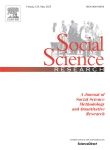
Reposted by: Anton Grau Larsen

Reposted by: Anton Grau Larsen
academic.oup.com/sf/advance-a...



